Many of us lovely a steaming hot cup of coffee to start the day, and perhaps a touch of sugar to sweeten it too. But what are some sugar substitutes for coffee if you're out or looking for a refined sugar free option?
Let's talk about sugar alternatives for coffee that are easy to find, and may already be in your pantry or fridge!
This post is for informational purposes only and does not constitute dietetic advice in any way. As with all food products, it is possible to allergic or intolerant to them so be mindful of personal sensitivities.
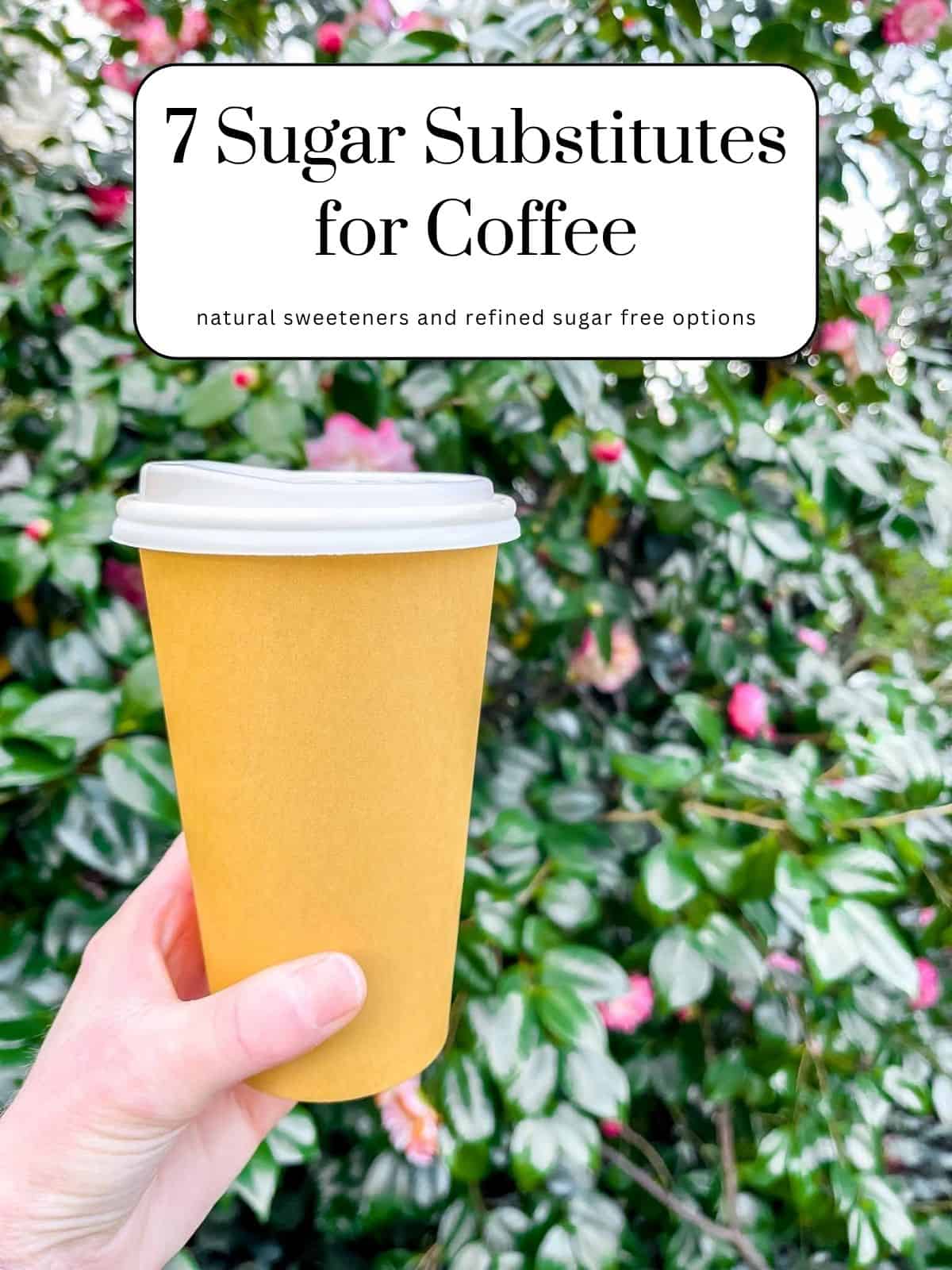
Jump to:
White Sugar and Coffee
Coffee itself can be a bit of a controversial product, deemed as both packed with healthy antioxidants or blamed for insomnia and lack of sleep. And lots more pros and cons in between!
Personally I like a cup of decaf coffee mid-morning, and my low histamine readers may like to read more about my experience of coffee and MCAS.
But white sugar? I think most of us know it isn't the best idea and are trying to cut down or cut it out of our diets. Some prefer to switch to brown sugar, others to refined sugar free options and others prefer not to add any at all to their coffee, tea or meals.
If you have a sweet tooth though, you may still want a little something to perk up your drink, so let's talk about some sugar alternatives for coffee!
Sugar Substitutes for Coffee
As with regular sugar, it is always advised to use sugar products and coffee sweeteners sparingly! If you can't resist, here are some substitutes for sugar in coffee:
Honey
Honey is an easy way to sweeten coffee, and works well as a replacement for white sugar. Most of us have honey to hand in the pantry, and it's widely available in stores.
As BBC Good Food explains, honey is sometimes preferred as it has a slightly lower glycemic index than sugar and so it does not raise blood sugar levels as quickly. Notably, honey is sweeter than sugar, so you will want to use a little less of it in your coffee.
Manuka honey is very popular as it reputedly has anti-inflammatory properties. It is, however, quite expensive to purchase.
Maple Syrup
Maple syrup has a rich and indulgent flavor. A natural sugar from the sap of maple trees, there are different grades of maple syrup which may influence your choice in the store. Darker maple syrup has a stronger flavor than the lighter syrups.
If we look at the nutritional profile of maple syrup set out by Healthline, we can see that it has a 'small amount of minerals such as manganese and zinc'. It has a glycemic index of 52, in contrast to table sugar which is 65.
I suggest adding a very small amount to your coffee then having a taste test before adding too much!
Agave Nectar
Agave nectar (also referred to as agave syrup) is derived from the sap of the agave plant and is native to the Southern United States and Latin America.
This nectar is often preferred as an alternative to honey as it is suitable for a vegan diet.
Agave nectar though is not considered a healthy substitute for sugar due to its high fructose level. As Healthline describes in their overview of agave nectar, it 'has a greater potential to cause adverse health affects'.
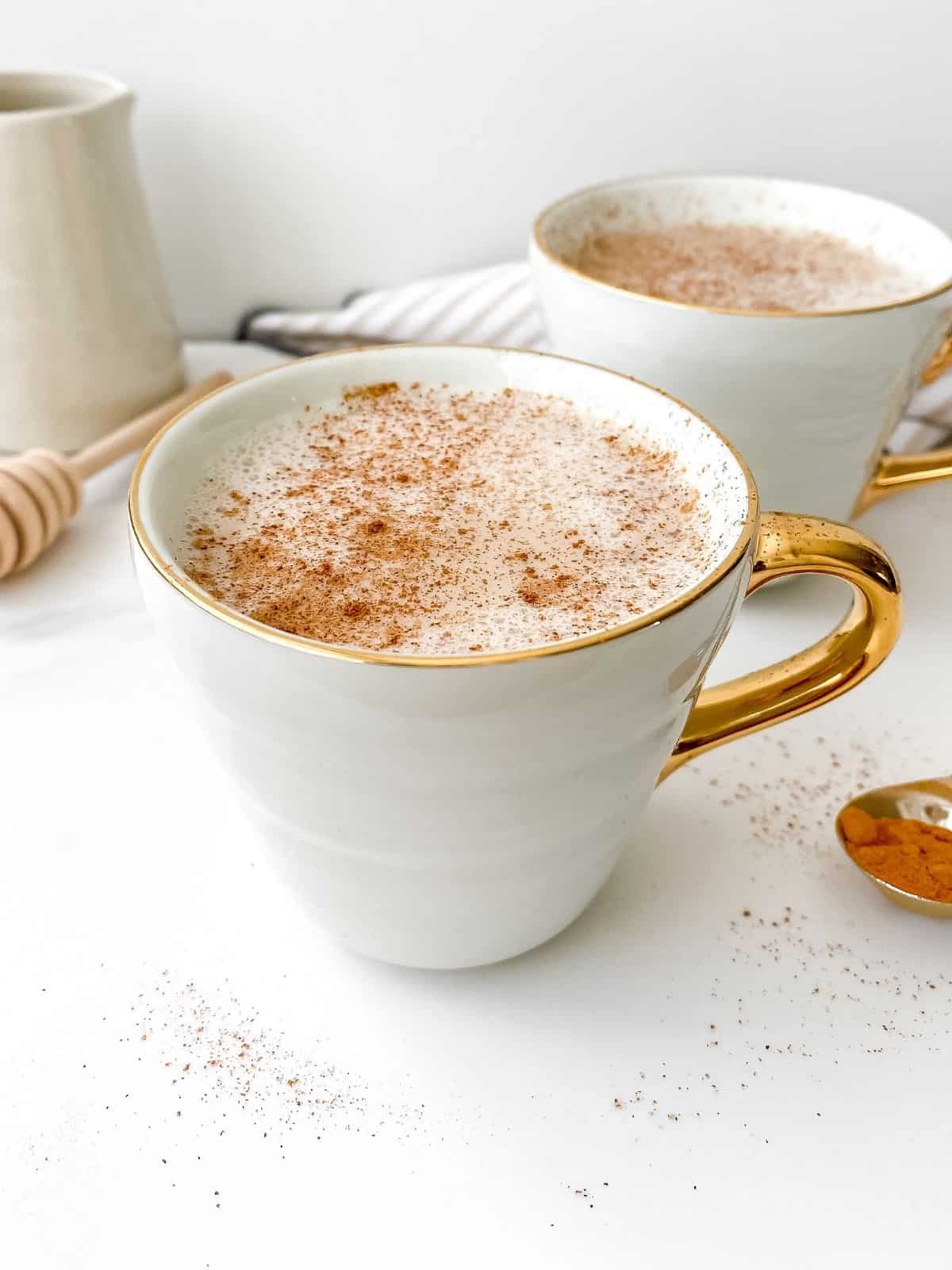
Coconut Sugar
Coconut sugar is made from the sap of the coconut palm tree and is becoming increasingly popular as a substitute for sugar in coffee and other drinks and desserts.
In their overview of coconut sugar, Healthline notes that it contains 'small amounts of minerals, antioxidants and fiber'. It has a slightly lower GI than table sugar.
Stevia
Stevia is made from the stevia plant and is increasingly favored as a sugar substitute to sweeten drinks, baked goods and other foods.
Liquid stevia can be added to coffee to sweeten it. You can also purchase stevia as a dried powder. As BBC Good Food describe in their overview of stevia, 'stevial glycosides are are said to be up to 300 times sweeter than sugar'. So be sure to use it sparingly!
In terms of nutrition, stevia is notable for being a zero calorie product, as well as having no sugar or carbohydrates. It has a GI value of 0 (BBC Good Food). Just note that some stevia products are mixed with other sugars!
Monk Fruit Extract
Perhaps one of the less common sugar substitutes for coffee, monk fruit extract is made from extracts of the crushed fruit. It's a little more tricky to find in supermarkets, but can easily be bought online or in health food shops.
Much like stevia, monk fruit extract is considered to be no-calorie and no carb and does not raise glucose levels. It's about 150-200 times sweeter than sugar, so use sparingly (Healthline).
Sweetened (and Unsweetened) Plant Milk
If your pantry is bare of sugar alternatives for coffee, then perhaps you can simply head to the fridge for some plant milk!
You can typically buy both sweetened and unsweetened versions of most plant milks now, with the sweetened versions of course being more sweet! They will still have added sugar so won't necessarily be healthier that using white sugar, but are good if you need your sugar fix.
Personally I find that unsweetened plant milks such as oat milk and almond milk still have a sweetness to them. So you may find you don't want to add sugar anyway!
Coffee Alternatives
Love a warming cozy drink, but perhaps want to avoid coffee later in the afternoon? As well as my popular honey ginger warm milk you may like to try these tasty drinks:
And have a peek at my 10 warm milk recipes post for even more ideas!
I'm always in the kitchen, so come join me on Instagram, Facebook and Pinterest to be the first to hear of new recipes and resources.
More Substitute Posts
You'll find lots of ideas for substitutes to make your tasty meals and snacks here, including my orange juice substitutes, cinnamon substitutes and tomato substitutes. Some recent posts:

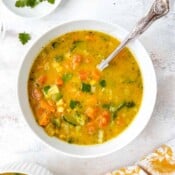
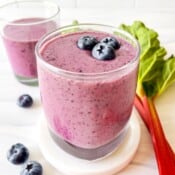
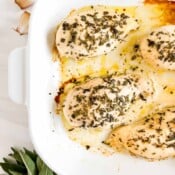
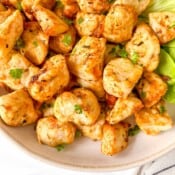
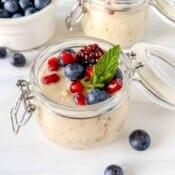
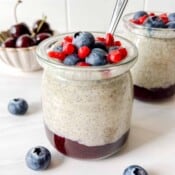
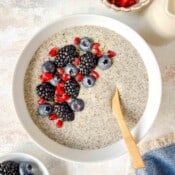
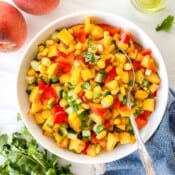
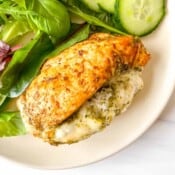
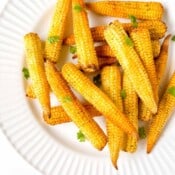
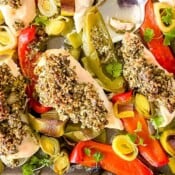
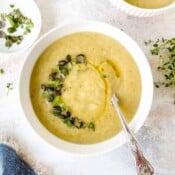
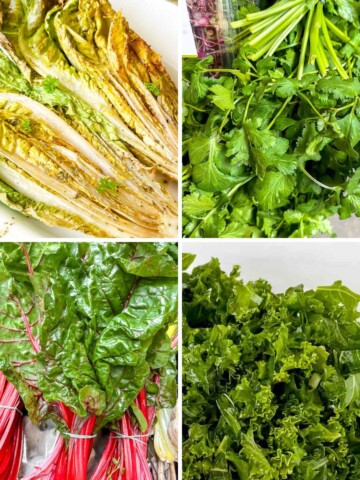
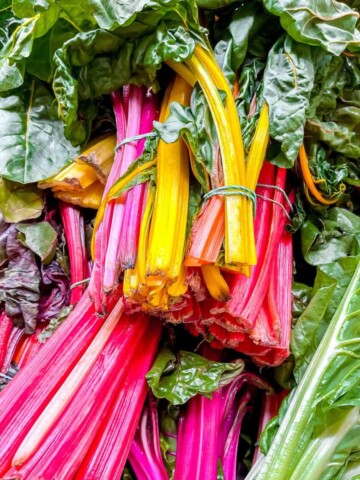
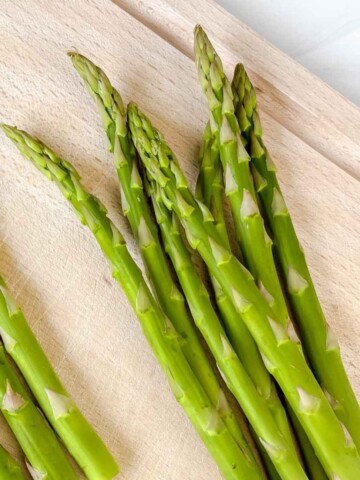
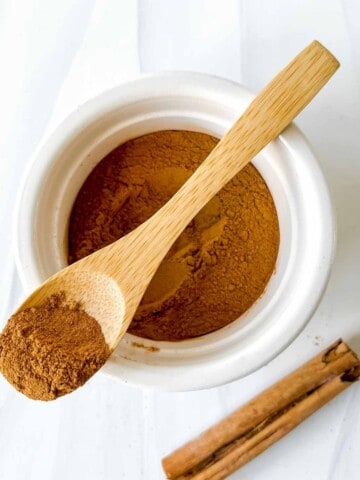
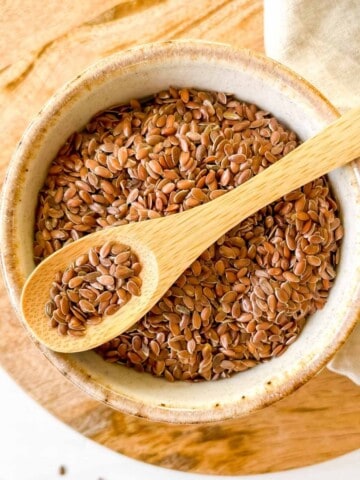
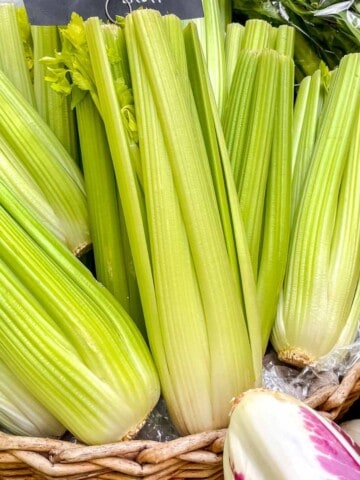
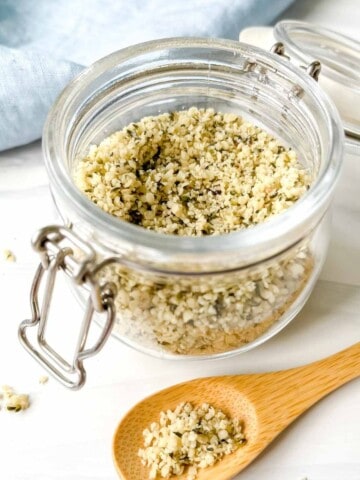
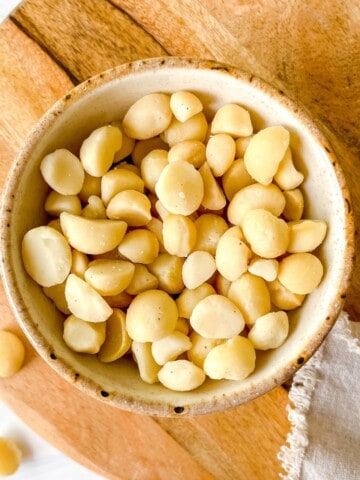
Comments
No Comments